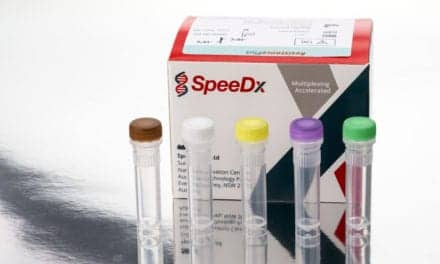January is observed as National Birth Defects Awareness and Prevention Month annually to raise awareness about birth defects in the US. In November 2023, the Centers for Disease Control and Prevention (CDC) issued a statement drawing attention to the steeply escalating incidence of syphilis cases in newborns in the US, indicating a 10-fold increase in the past decade. Congenital syphilis disproportionately affects racial minorities due to limited healthcare access. The issue stems from systemic barriers rather than negligence, emphasizing the need to address healthcare disparities through increased testing for effective prevention of congenital syphilis in the US, says GlobalData, a data and analytics company.
Congenital syphilis may cause premature birth, developmental delays, and bone abnormalities, therefore, prenatal testing of syphilis and other sexually transmitted infections (STIs) like HIV is vital for infant and parent health. The CDC reported that almost 90% of congenital syphilis cases in 2022 could have been prevented with testing and treatment. The CDC also emphasized that 40% of cases were among pregnancies that were not in prenatal care; therefore, it is not the lack of STI screening in pregnancies but the lack of medical care during pregnancies that needs to be improved.
“Although the underlining issue is access to healthcare due to the US having a private healthcare system and limited healthcare centers in marginalized communities, in vitro diagnostic (IVD) manufacturers can develop tests targeting these populations,” says Selena Yu, senior medical analyst at GlobalData. “Since many tests on the market are lab-based tests with slower turnaround times, the implementation of rapid syphilis tests in at-risk communities will significantly lower the incidence of congenital syphilis. Parents will receive results and treatment in minutes. This technique can also be used for other prenatal care, prenatal screening, and other STI screening, as rapid and on-site testing and treatment would improve pregnancy and infant health.”
Due to many countries having a declining birth rate, like Canada, the US, the UK, Italy, South Korea, and China, ensuring healthy live births should be at the forefront of health regulations, says Global Data. This requires a multifaceted approach that includes but is not limited to, improved prenatal care, longer parental leave, increased investment in childcare and early education, and government aid for families.
“Roe V. Wade’s overturn put communities with already inadequate health access at risk for unwanted pregnancies. Thus, to ensure that these pregnancies and babies are healthy, significant investment needs to be made in these regions,” says Yu. “A market void exists for affordable, rapid, and point-of-care (POC) testing solutions in prenatal and STI screening. Although there are 38 rapid and POC syphilis tests available and 8 in the pipeline globally, according to GlobalData’s Marketed and Pipeline Databases, there is still a large addressable market in underserved communities.”




